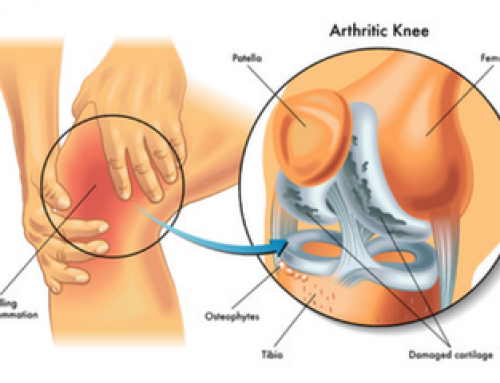What is Diosmetin?
Diosmetin is a kind of natural flavonoids. It is found in natural medicines such as chrysanthemum, spearmint and spider scent, and fruits such as lemon, citrus and peanut. It has multiple biological activities such as anti-inflammatory, anti-oxidation and anti-oxidation. Tumors, etc., can be used to treat liver, lung, kidney, eye, and nervous system diseases. This article reviews recent studies on the pharmacological effects of geranin.
Functions
- Antioxidant effect
As one of the natural flavonoids, Diosmetin has a strong antioxidant effect.Diosmetin can effectively attenuate azodiazepine hydrochloride (AAPH)-induced erythrocyte hemolysis and copper chloride (CuCl2)-induced plasma oxidation by inhibiting intracellular reactive oxygen species (ROS) production, significantly recovering AAPH-induced intracellular antioxidant enzymes (SOD, GPx, CAT) activity to normal levels, while inhibiting the formation of intracellular malondialdehyde (MDA) [3]. Therefore, Diosmetin has an antioxidant effect in cells, and the mechanism is related to non-enzyme and enzyme defense systems.
- Bacteriostatic effect
Worldwide, more and more methicillin-resistant Staphylococcus aureus (MRSA) has limited therapeutic options, and natural compounds have been shown to have an antibacterial effect on MRSA. The geranin has no direct antibacterial activity against the MRSA strain. However, geranin significantly inhibits the activity of MRSA pyruvate kinase in a dose-dependent manner, which may lead to a lack of ATP, affecting the bacterial jet pump, and making the geranin MRSA produces bacteriostatic action
- Anti-tumor effect
Radiation therapy is a powerful tool for treating cancer and has the advantage of protecting normal tissues. However, the radiation resistance of tumors remains a major obstacle to radiation therapy, so it is important to explore effective radiation sensitizers. The geranin obtained from olive leaves, citrus fruits and some herbs can induce cell G1 arrest, thereby increasing the radiosensitivity of radiation-tolerant A549 lung cancer cells.
- Nervous system disease
In a mouse model of Alzheimer’s disease (AD) with tau hyperphosphorylation and cognitive impairment, oral geranin reduces levels of brain beta amyloid (Aβ) oligomers and increases inhibitory glycogen synthase Kinase 3 (GSK-3β) phosphorylates, while selectively reducing γ-secretase activity, Aβ degeneration, tau hyperphosphorylation, and proinflammatory effects of microglia in vitro [19]. Therefore, geranin is considered to have an effect of treating AD.
- Ophthalmic disease
Geranin protects against retinal cell damage induced by doxorubicin (ADR), effectively reduces ADR-mediated proliferation inhibition of SD rats and human retinal pigment epithelial cells (ARPE-19), and reduces apoptosis.
- Liver Disease
Among citrus fruits, geranin has anti-inflammatory and anti-oxidant effects, Inhibition of NF-κB signaling by anti-oxidation, reduction of inflammatory mediators and cytokines, inhibition of hepatocyte apoptosis, geranin has protective effects on endotoxin-induced acute liver failure in mice
- Kidney disease
Renal ischemia/reperfusion (I/R)-induced acute kidney injury remains a thorny issue in clinical practice. Although the exact molecular mechanisms of renal I/R injury are not fully understood, the deleterious progression of renal I/R injury includes inflammation, apoptosis, and oxidative stress. Geranin pretreatment reduced the inflammatory response and renal tubular cell apoptosis in acute kidney injury, and significantly increased the expression of antioxidant protein. Renal protection of geranin involves inhibition of Nf-κB expression and mitochondrial apoptotic pathways and activation of the Nrf2/HO-1 pathway [27]. Therefore, geranin can improve kidney damage after renal ischemia/reperfusion.








Leave A Comment